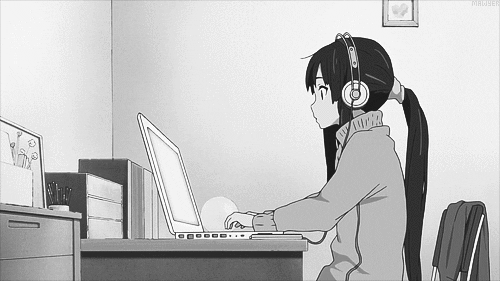Some days it seems I’m never going to finish Theadia. I still think it could be better, but I haven’t quite gotten there yet. Mind you, I know well enough never to fall prey to overworking it; I’ve always kept a keen eye on when my projects are veering towards that edge and knowing when to reel it back. It’s better than it previously was…but it’s still not at the level I’d like it to be at.
Part of it is that I know there are segments that are still missing. Situations and subplots that need to be beefed up so that our protagonists’ actions make more sense. Small patches of vague world building that need to be clarified to make the story more real. Things that could be improved upon. This is the level I’m at now…going through what I have so far and filling in all those blanks.
Part of it is also that I need it to have more emotion. I’m trying not to talk myself into thinking that I’m merely comparing it to the Bridgetown Trilogy (which had quite a lot of it), only that I know the story could be livelier. Making the characters more personal. Giving them lives that the reader could empathize with. It doesn’t need to be high drama, it just needs to have more of that active spirit that pulls the reader along.
My writer brain occasionally reminds me of the possible idea of doing a complete rewrite to make it more vibrant creatively and emotionally, just like the Trilogy, and though that is of course tempting, I’m not sure if that’s something this story needs. Then again…my creative instincts tell me that this is precisely what Theadia needs right now, and I’ve since relearned that following my creative instincts have rarely steered me wrong when it comes to projects I believe in. And if I choose to follow through, then I will need to dedicate as much time to it as I possibly can.
[That, of course, brings up my long-standing creative foe, Distraction. If I’m going to do a total rewrite, I’m going to need to manage my time a hell of a lot better than I have. But that’s another post entirely.]
I can see this with the last several projects I’ve been working on: MU4, Diwa & Kaffi, Queen Ophelia and Theadia. They’re all stories that I want to tell, and stories I believe in…but my instincts are telling me they’re not quite told to my satisfaction just yet. I can do better. I can write them better. I can give them more of my spirit to make them work the way they should.
Will this mean several more years of not releasing anything? I don’t think so…I’m hoping I’ll have something out later this year, though I’m not sure which one it will be. Maybe it’ll be something utterly different. Maybe it won’t be any of them. Who knows…?
Still. Whatever I do next, I’m going to need to start working on it, and very soon.










